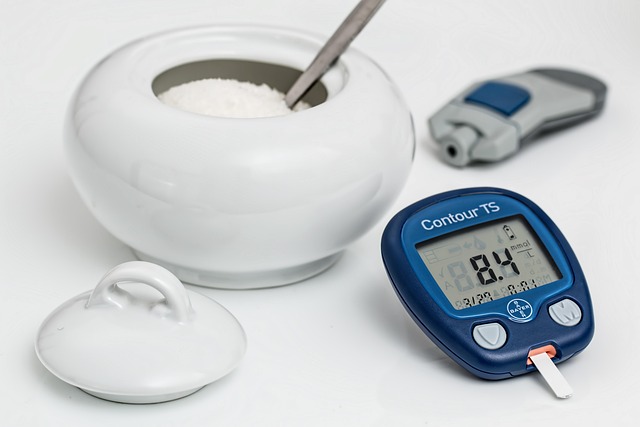In recent years, the field of diagnostics has witnessed a remarkable transformation, and among the most significant advancements is the evolution of the echocardiogram. This non-invasive imaging technique, which allows healthcare professionals to visualize the heart’s structure and function, is at the forefront of technological and health innovations, bringing renewed hope to patients and practitioners alike.
Technological Innovations in Echocardiography
With the rapid pace of technological advancements, echocardiograms have undergone significant improvements. The introduction of 3D imaging has elevated the standard of cardiac assessments, providing clinicians with detailed views that were previously unimaginable. This immersive technology allows for better visualization of cardiac chambers, valves, and blood flow, leading to more accurate diagnoses and improved treatment plans.
Moreover, the integration of artificial intelligence (AI) is changing the landscape of echocardiography. AI algorithms can now analyze echocardiogram data with impressive speed and accuracy, assisting doctors in identifying potential issues that may be missed by the human eye. This synergy between human expertise and machine learning enhances the precision of diagnoses, enabling healthcare providers to make more informed decisions regarding patient care.
Additionally, portable and hand-held echocardiogram devices are revolutionizing accessibility to cardiac assessment. These compact tools empower clinicians to conduct echocardiograms in diverse settings, from clinics to remote locations, ensuring that quality heart care is within reach for more individuals. The democratization of echocardiography means that patients no longer have to wait for extensive appointments or travel long distances to receive life-saving diagnostics.
Health Innovations Transforming Patient Outcomes
As we look toward the future, the impact of these technological innovations in echocardiograms goes beyond imaging; they signal a broader shift towards proactive health management. By harnessing echocardiograms for early detection of cardiovascular issues, healthcare systems are moving toward preventative measures rather than reactive treatments.
Catching potential problems early can significantly improve patient outcomes, allowing for timely interventions that can prevent more serious complications down the line. For example, regular echocardiograms for high-risk patients can detect abnormalities like valve disorders or heart failure in their infancy, allowing for effective management before they escalate into critical health crises.
Moreover, the enhanced accuracy afforded by advanced echocardiogram technology contributes to better medication management. Patients can receive personalized treatment plans based on precise assessments of their cardiac health, reducing the guesswork in dosage and drug selection. This tailored approach is not only more effective but can also reduce healthcare costs by minimizing unnecessary treatments and interventions.
As we continue to navigate the complexities of healthcare, the echocardiogram stands out as a shining example of how technological and health innovations can harmonize to enhance diagnostics. These advancements are more than just tools; they are vital instruments of compassion, providing deeper insights into heart health and empowering patients and providers to foster a future of informed, proactive care.



